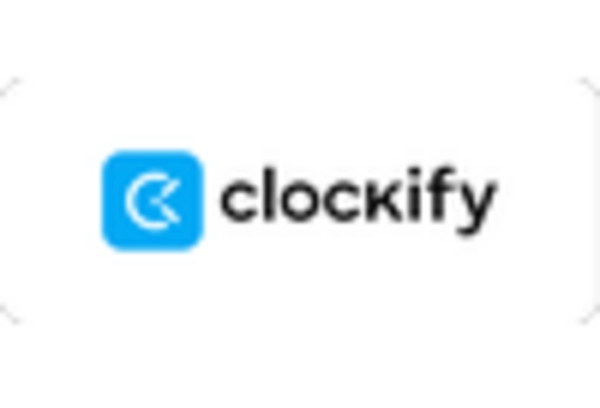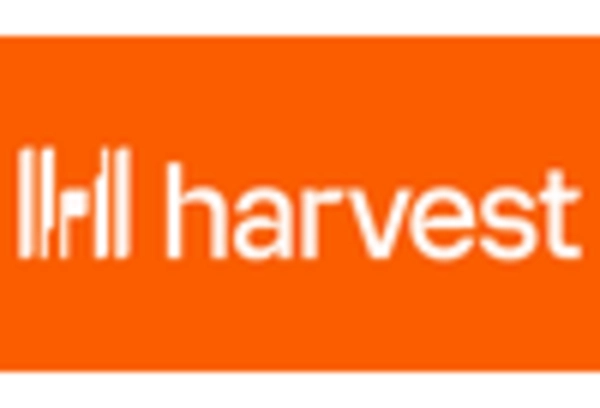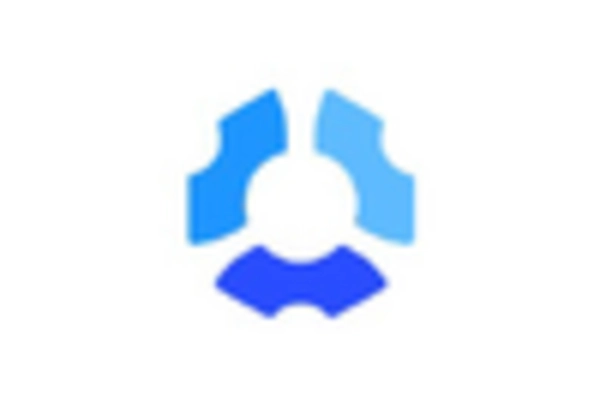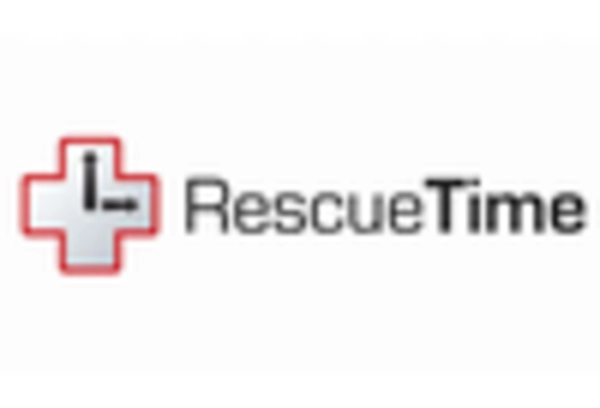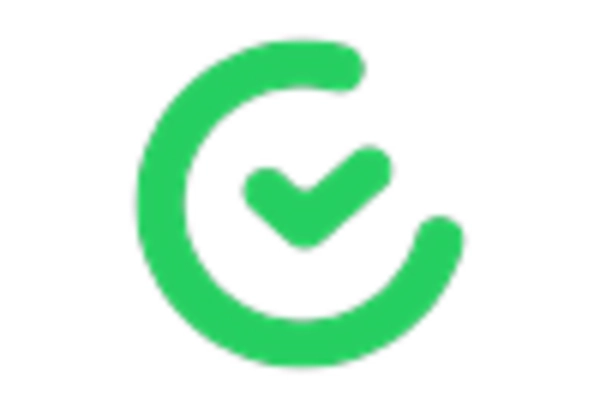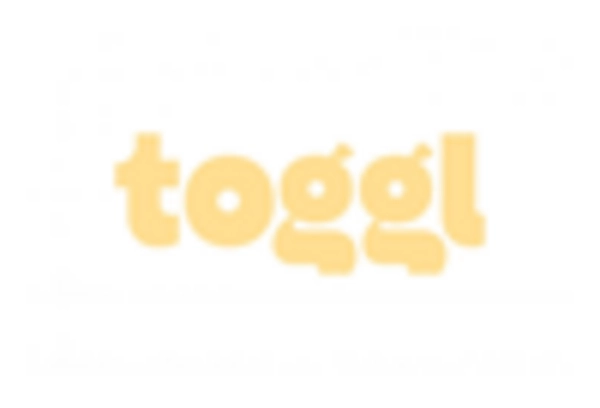Rise of Freelancing and Gig Economy
The expansion of the freelancing and gig economy in Germany is significantly impacting the time tracking-software market. With more individuals opting for freelance work, there is a heightened need for effective time management tools that cater to self-employed professionals. Freelancers require reliable solutions to track billable hours and manage multiple projects efficiently. Recent statistics suggest that the freelance workforce in Germany has grown by over 15% in the past few years. This trend is likely to drive the demand for time tracking software tailored to the unique needs of freelancers, thereby contributing to the overall growth of the time tracking-software market.
Regulatory Compliance and Labor Laws
In Germany, stringent labor laws and regulations regarding working hours and employee rights are influencing the time tracking-software market. Companies are required to accurately record employee working hours to comply with legal standards. This necessity has led to an increased adoption of time tracking solutions that ensure compliance with regulations such as the Working Hours Act. As businesses face potential penalties for non-compliance, the demand for reliable time tracking software is expected to rise. The time tracking-software market is thus positioned to benefit from organizations prioritizing compliance and transparency in their labor practices.
Focus on Data Analytics and Reporting
The growing emphasis on data-driven decision-making is shaping the time tracking-software market in Germany. Organizations are increasingly recognizing the value of analytics in optimizing workforce productivity and resource allocation. Time tracking solutions that offer advanced reporting features are becoming essential tools for managers seeking insights into employee performance and project timelines. Recent studies indicate that companies utilizing data analytics in their operations can improve productivity by up to 20%. Consequently, the time tracking-software market is likely to expand as businesses invest in solutions that provide comprehensive analytics and reporting capabilities.
Increased Demand for Remote Work Solutions
The rise of remote work has led to a notable increase in the demand for time tracking software solutions in Germany. Companies are seeking tools that facilitate efficient time management and productivity monitoring for remote employees. According to recent data, approximately 30% of the workforce in Germany is now engaged in remote work, necessitating robust time tracking solutions. This shift has prompted software developers to enhance their offerings, ensuring they meet the unique needs of remote teams. As organizations strive to maintain productivity and accountability, the time tracking-software market is likely to experience sustained growth, driven by the need for effective remote work management.
Integration with Financial Management Systems
The integration of time tracking software with financial management systems is emerging as a key driver in the time tracking-software market. In Germany, businesses are looking for seamless solutions that connect time tracking with payroll and invoicing processes. This integration not only streamlines operations but also enhances accuracy in billing and payroll calculations. As organizations aim to reduce administrative burdens and improve financial oversight, the demand for integrated time tracking solutions is expected to grow. The time tracking-software market is thus likely to see increased adoption of tools that facilitate this integration, providing a holistic approach to time and financial management.


